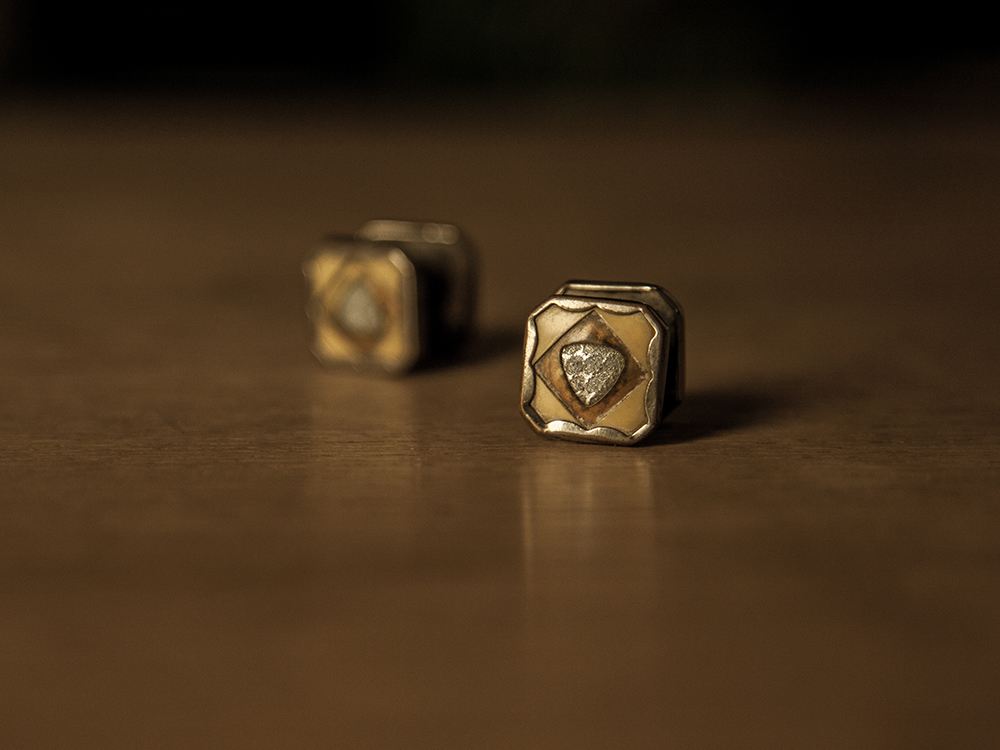This is what my mother told me.

So the story goes like this: right after my mother’s birth in 1949, my North Korean grandfather’s peers advised him to move the family South. As a mine owner, they thought that the Korean People’s Army (KPA), a fast-growing communist movement supported by Russia and China, might target people like him. But he didn’t listen. Soon he was captured by the KPA, and thrown in a solitary cell.
After his arrest, my grandmother had to hide the family valuables — mostly gold and a little jewellery, which she sewed into pillows and brought to my grandfather’s family house in a remote village. Before long, though, she ran out of money, and went to retrieve the pillows with my newborn mother on her back.
She was met upon arrival by her sister-in-law, who told her not to act like a family member, because she suspected that one of her servants might be a KPA spy. And indeed, KPA soldiers came that very night, and lined up the family in their courtyard.
My grandmother had taken her sister-in-law’s advice, and was sleeping in a guest room outback. That’s where the KPA found her, hiding under a blanket, hugging my mother tightly to her. The soldiers ripped the blanket off and yelled at her to line up with the others.
My grandmother improvised. She told them, “Good job, comrades, but don’t you dare mistake me with these people”. She insisted she was the wife of a famous KPA general, just happening to stay in this house on the way to her destination.
The solders apologized profusely, and let her leave. She quickly packed her two pillows, tied my mother to her back, and left the house. Before she had gotten very far, she heard seven shots echoing in the night, exactly the number of family members left behind.
My mother’s family eventually made it to the South during the war. Now this pair of cufflinks in front of me, smuggled in a pillow on that decisive night, are the only remaining objects of my grandfather. When I look at them, I’m haunted by the sound of seven bullets, and my grandmother’s footsteps in the darkness.
Nurri Kim is a Seoul-born artist and filmmaker, raised between South Korea and Japan. In an attempt to produce an “archaeology of the moment”, her work explores the complex place where identity, environment and history intertwine with everyday life, with the aim of restoring to awareness the things that we see too often, and then forget to see.
Having lived and worked in New York and Helsinki, since 2013 she has been based in London. She is currently working on her first feature documentary film, about the struggles of the UK’s North Korean exile community.